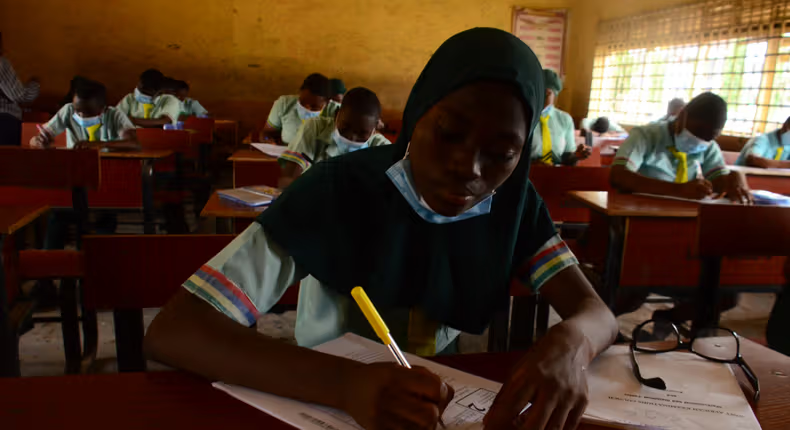< 1 mn read
The Federal Government’s recent decision to enforce a minimum age of 18 for candidates sitting for the West African Senior School Certificate Examination (WASSCE) and the National Examination Council (NECO) exams has triggered significant debate among educators and stakeholders. Here’s a summary of the situation:
- Policy Overview
- Announced by the Minister of Education, Prof. Tahir Mamman, the policy aims to standardize the age at which students complete their secondary education and transition to tertiary institutions.
- Mamman emphasized that the policy is a reinforcement of existing regulations and aligns with the typical educational trajectory of 17 to 18 years.
- Mixed Reactions
- Nigeria Union of Teachers (NUT): Expressed strong disapproval, arguing that the policy fails to consider early school enrollment due to economic pressures and exceptional students who might be younger but academically advanced.
- Dr. Mike Ene, NUT Secretary-General, criticized the policy as unrealistic and potentially discriminatory, warning that it could lead to legal challenges.
- Academic Staff Union of Polytechnics (ASUP): Criticized the focus on age rather than academic ability and called for more attention to basic issues in the education sector, such as facility improvements and teacher welfare.
- Academic Staff Union of Universities (ASUU): Supported the policy but has not formalized its stance. ASUU President Prof. Emmanuel Osodeke questioned the push for early university admissions and emphasized the importance of adhering to standard academic progression.
- Nigeria Union of Teachers (NUT): Expressed strong disapproval, arguing that the policy fails to consider early school enrollment due to economic pressures and exceptional students who might be younger but academically advanced.
- Committee of Vice-Chancellors
- The Committee of Vice-Chancellors of Nigerian Universities has yet to take an official position but plans to discuss the policy in their September meeting.
- Government’s Stand
- Despite the criticisms, the Federal Government remains firm on the policy, asserting that it is intended to bring order and structure to Nigeria’s education system.
As the debate continues, the focus remains on balancing educational standards with the diverse needs and circumstances of Nigerian students.

